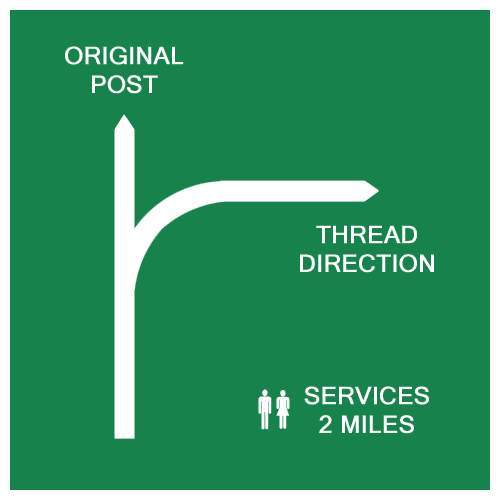- Sep 16, 2012
- 59,625
- 53,499
My guess is you have no idea that the Leo Wanta scandal is the largest scandal in US history.
Unfortunately, I think 240 billion dollars is a pretty large underestimate of the amounts we're talking about. Reliable updates about the scandal largely disappear after Story was assassinated. But the amounts we're talking about exceed four trillion, some put it at over 25 trillion. Is it any wonder the world economy is a basket case?
As far as being a "stupid git?"
Who's the "stupid git?"
Soviet ruble - Wikipedia, the free encyclopedia
Only a limited set of products could be freely bought, thus the ruble had a role similar to trading stamps or food stamps. The currency was not internationally exchangeable and its export was illegal.
Thanks. I love it when you idiots post proof of my claim.
Stupid git.
I'll agree with you, this is true for the common lay people.
However, this is NOT TRUE FOR GOVERNMENTS.
How do you think the Soviets bought commodities on the world market? Seriously.
Why do you think wiki listed a conversion table?
How do you think the Soviets bought commodities on the world market?
They used dollars or marks or francs or pounds.
Why do you think wiki listed a conversion table?
Because that's what the Commies said the rubles were worth. Even though they weren't convertible.
Your argument doesn't hold any water, sorry.
Why would the commies say their rubles were worth "X" amount if they never traded them?
Your argument doesn't hold any water, sorry.
What argument? Rubles were not convertible in the USSR.
That's a fact.
Why would the commies say their rubles were worth "X" amount if they never traded them?
If they were tradable, why would the Commies have to tell you what they were worth, you could just post a market chart. Like you could with dollars vs YEN, GBP, DM, SFC, FFC, any tradable currency.
They did it so they could brag about how large their GDP was, in other words, so they could lie.
Like I stated earlier when discussing this topic with another poster, this has to do with the Wanta scandal.
A little research reveals those "exchange rates" listed in wiki are not, "Soviet lies," but are actually import/export ratios.
The Soviet Union tried to be mostly self-reliant. As we can see from those ratios, it became less and less so as their government became larger, more cumbersome and corrupt. Sort of like ours is becoming, eh?
Foreign Economic Reports





 you know they are paid infiltraters when they defend EVERY government lie there is on the face of the earth like candyass,sayit,and todd parrot do.
you know they are paid infiltraters when they defend EVERY government lie there is on the face of the earth like candyass,sayit,and todd parrot do.
